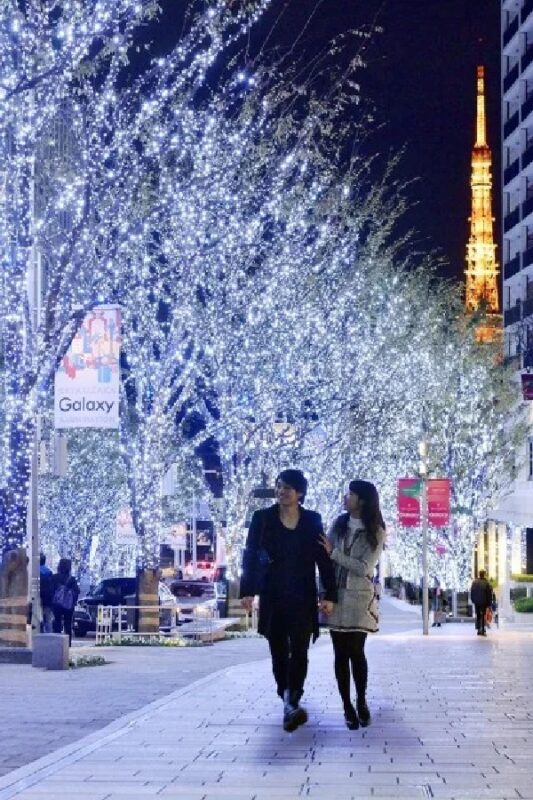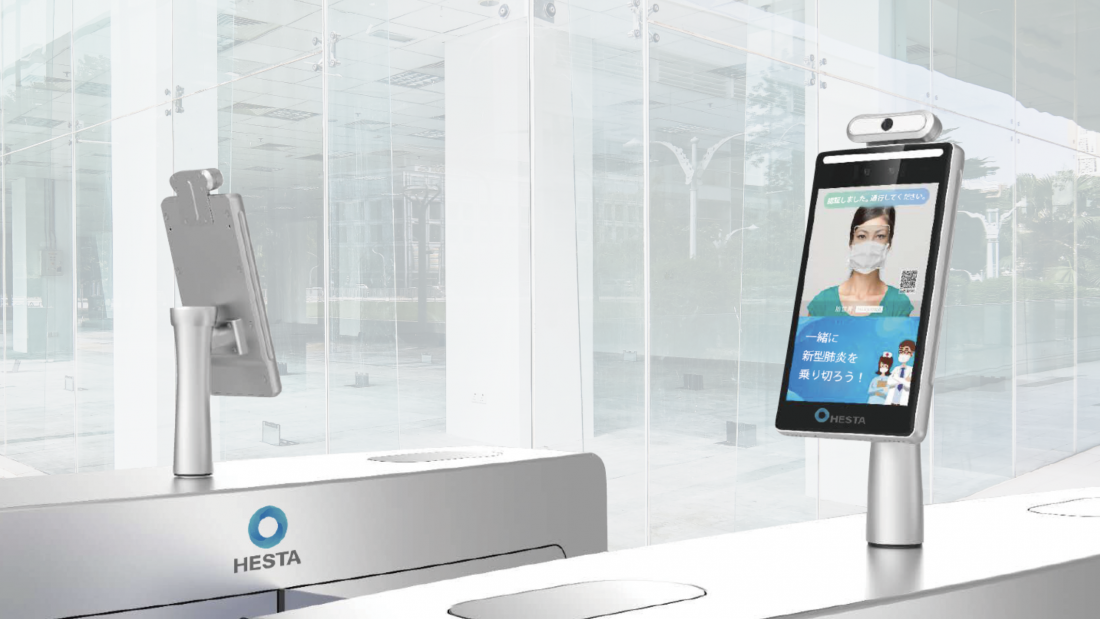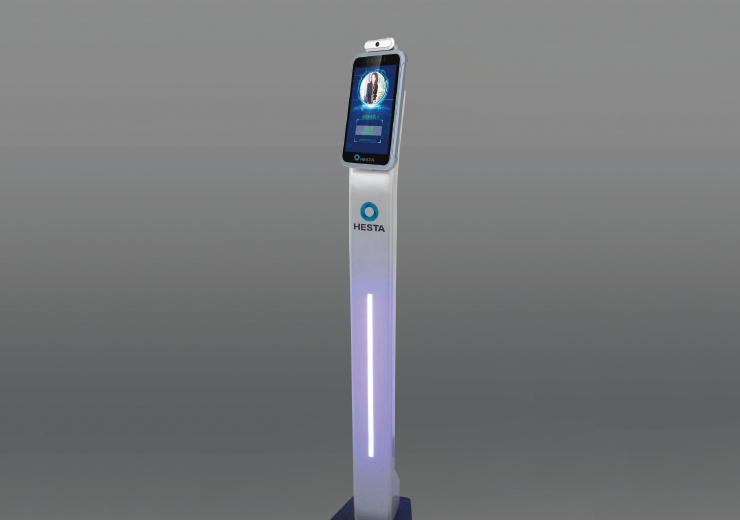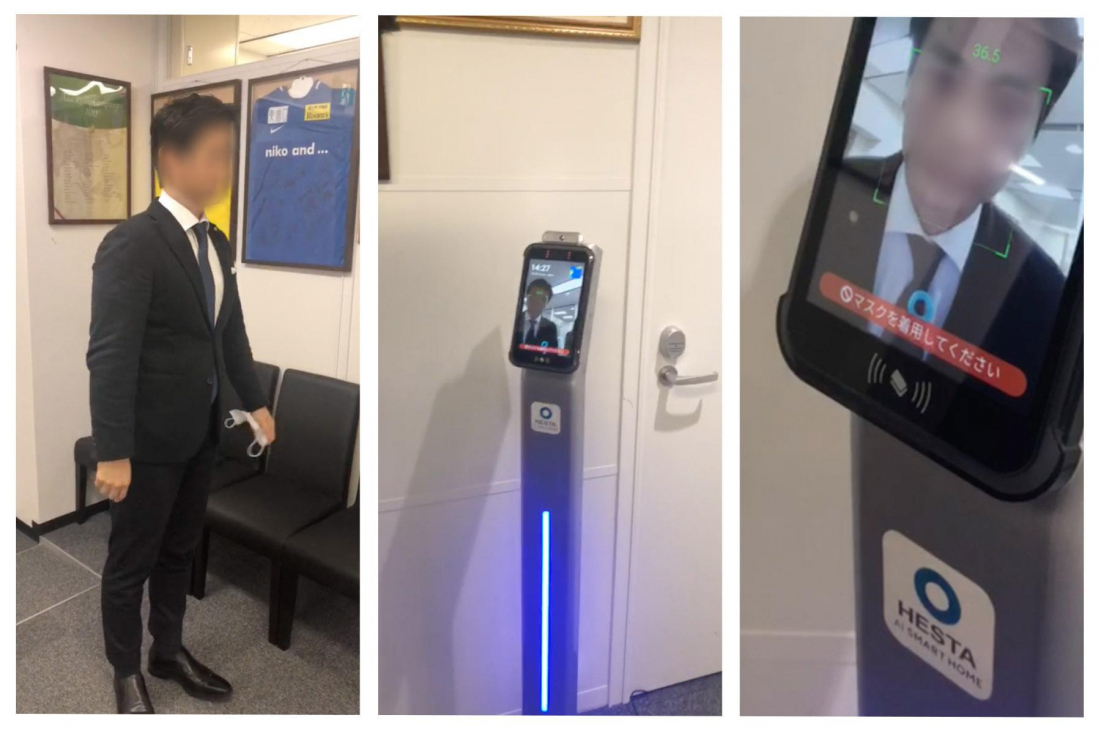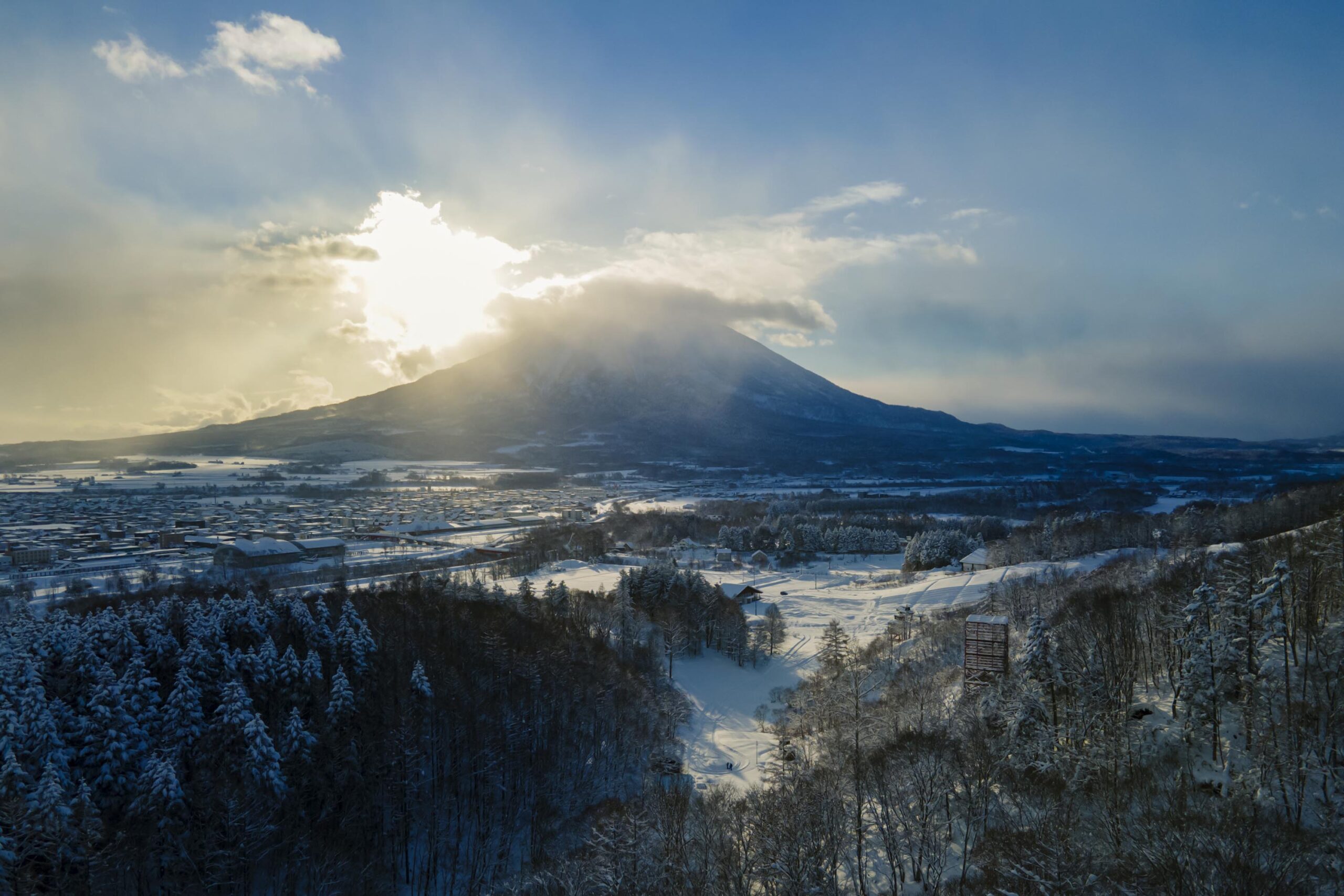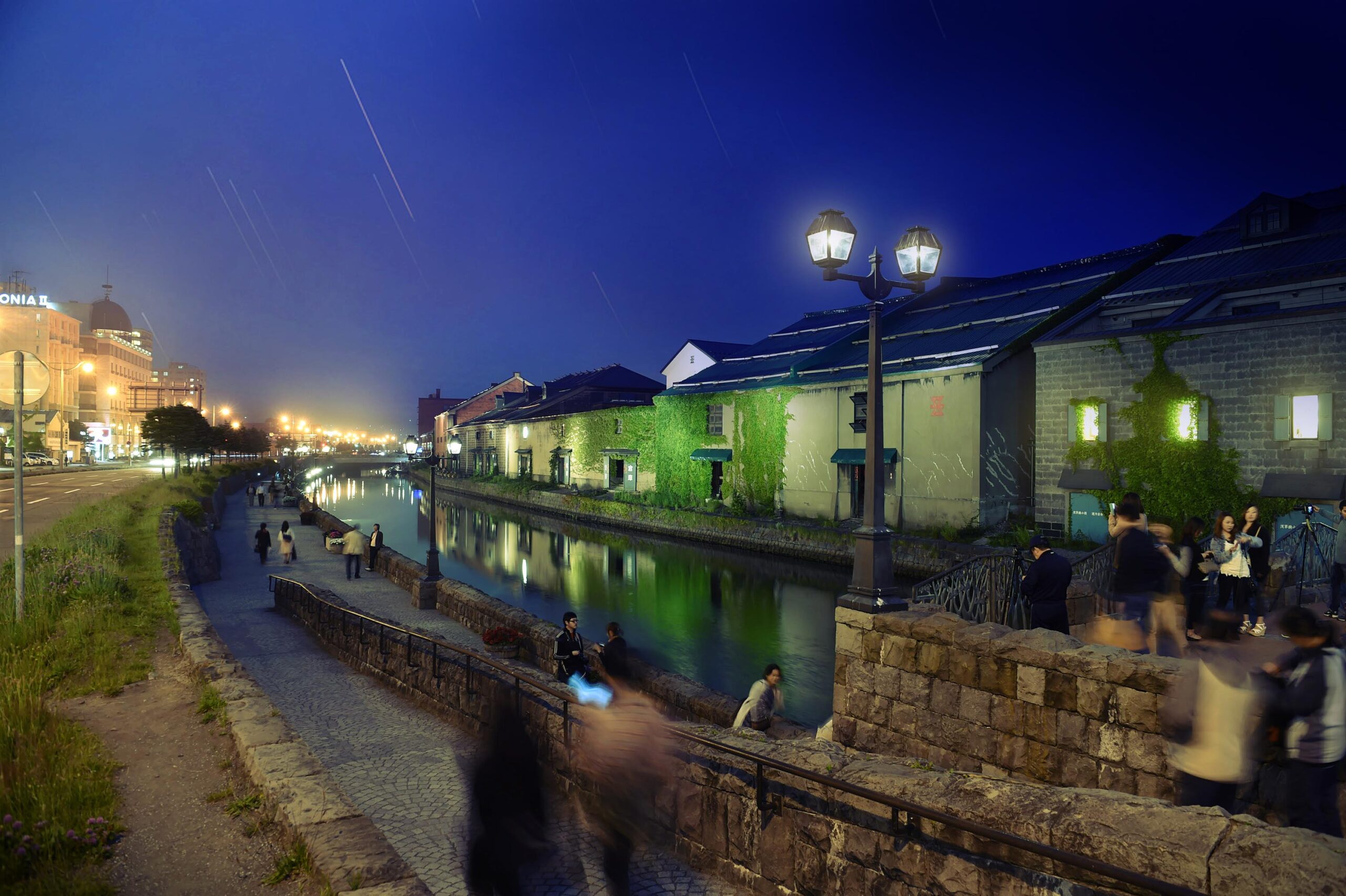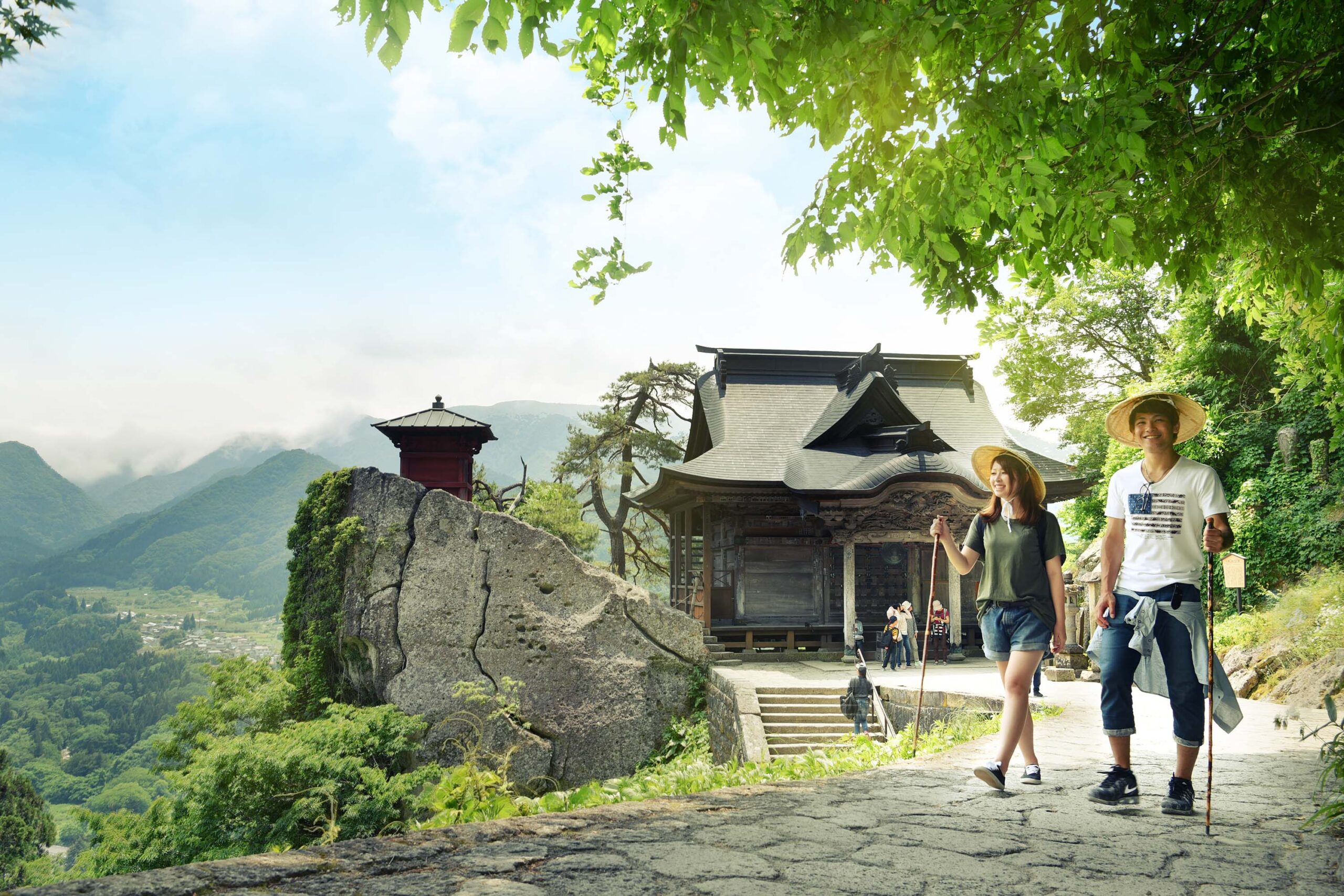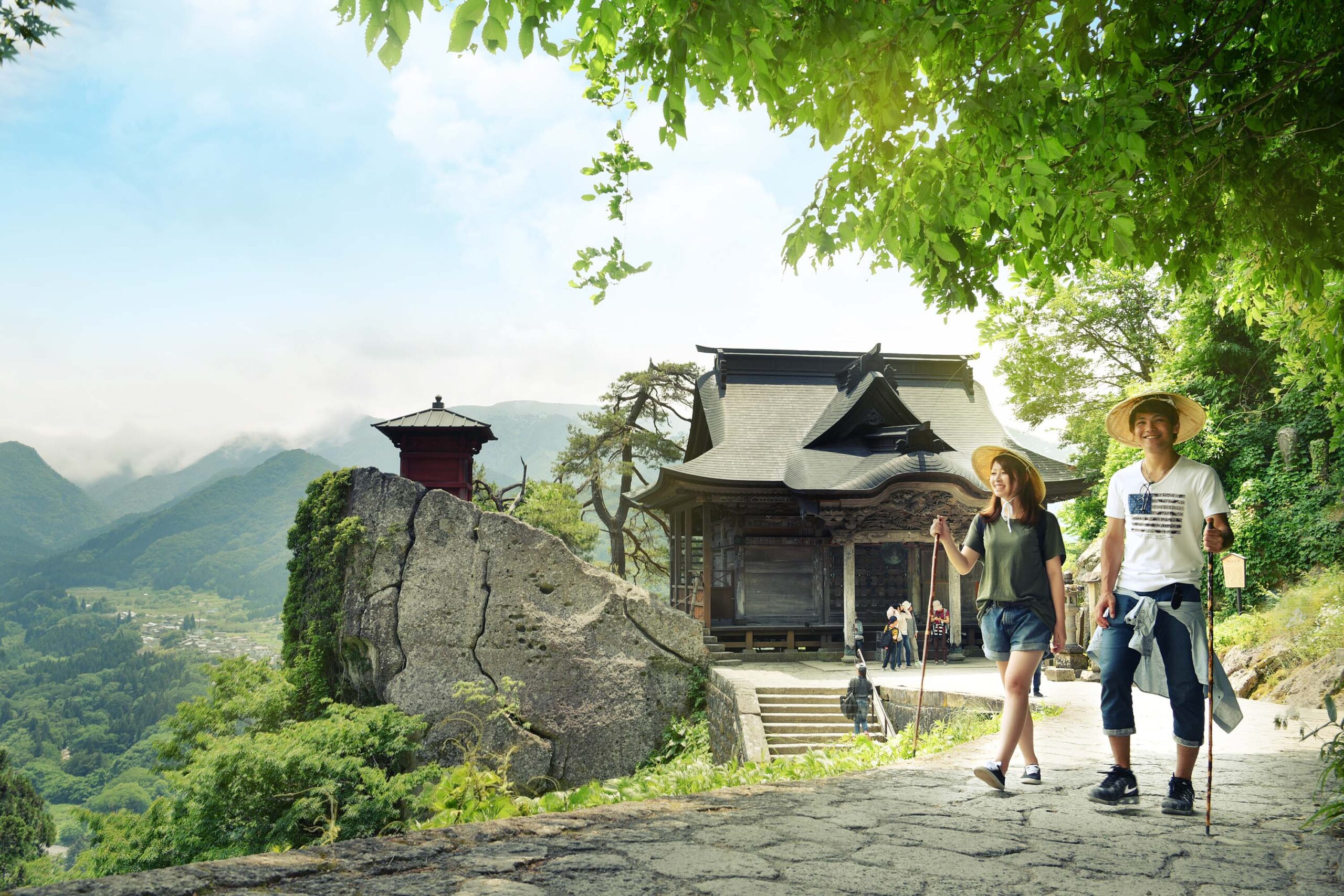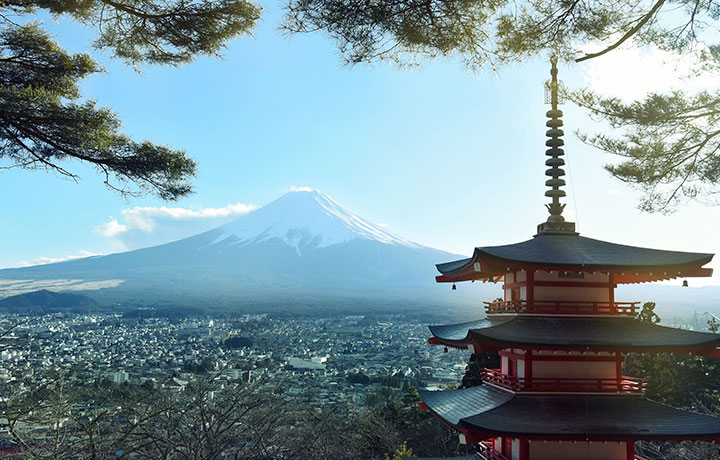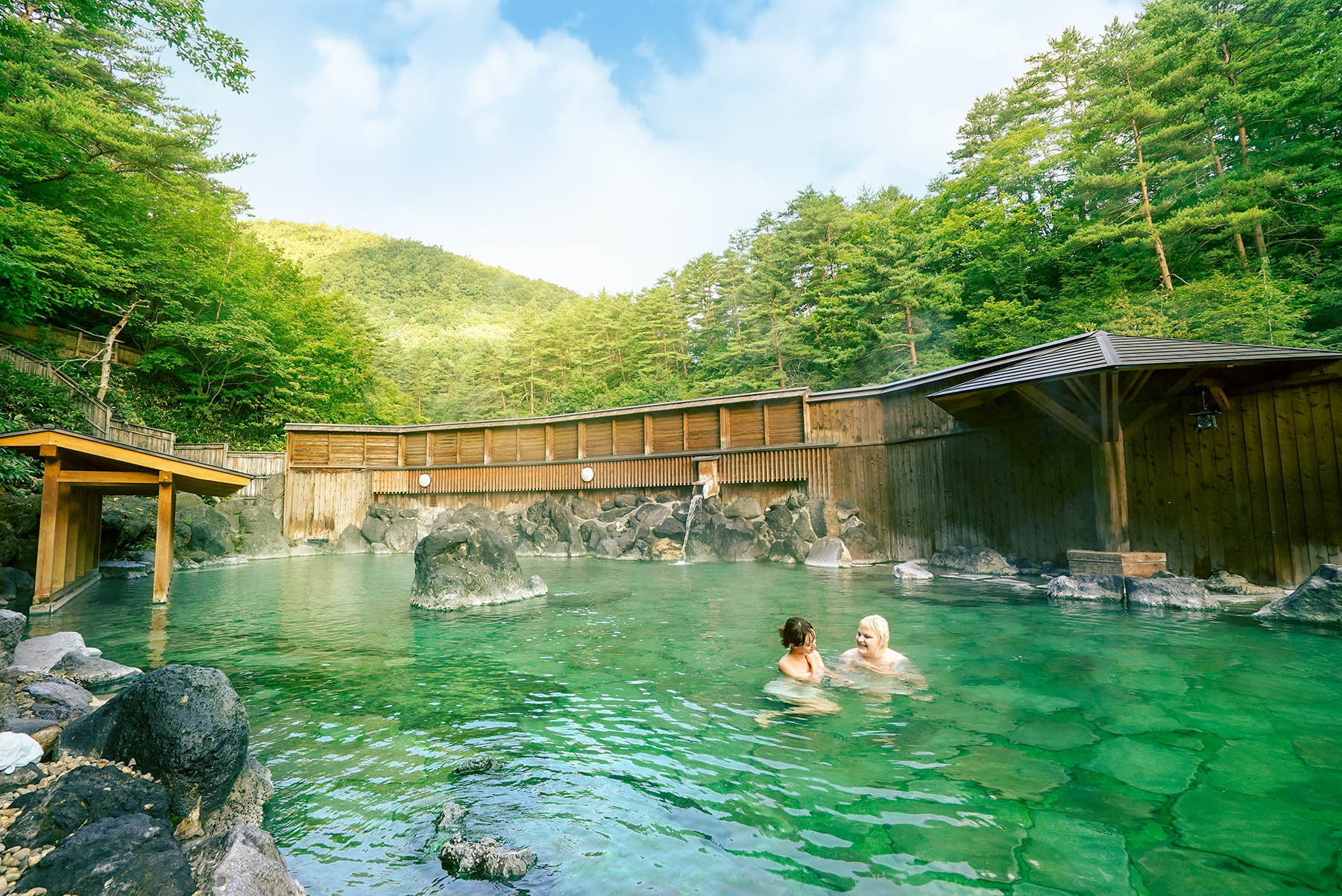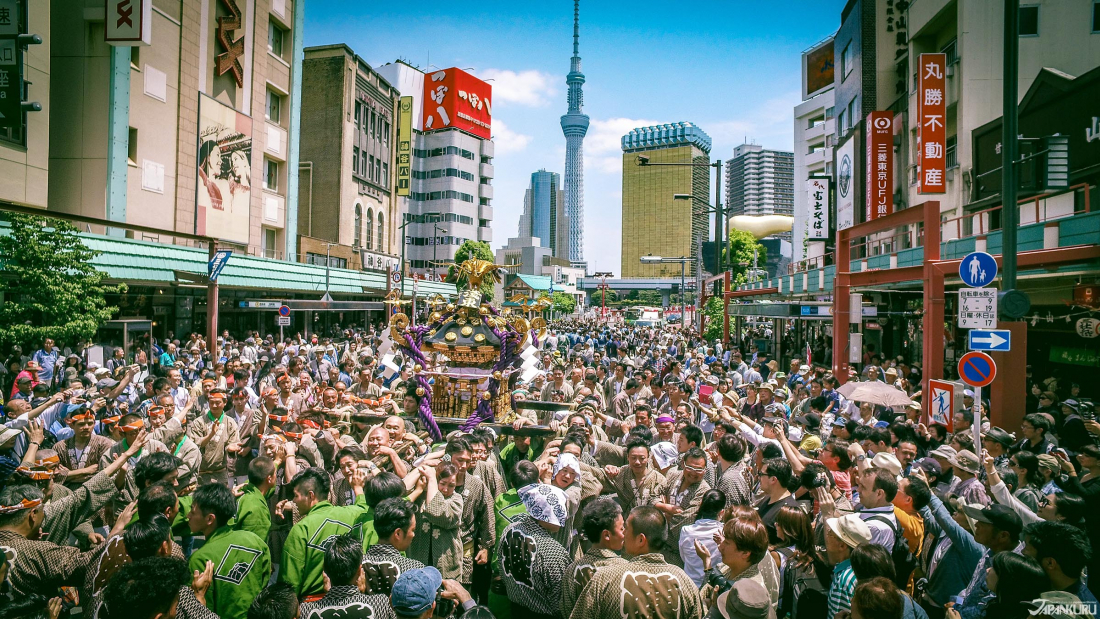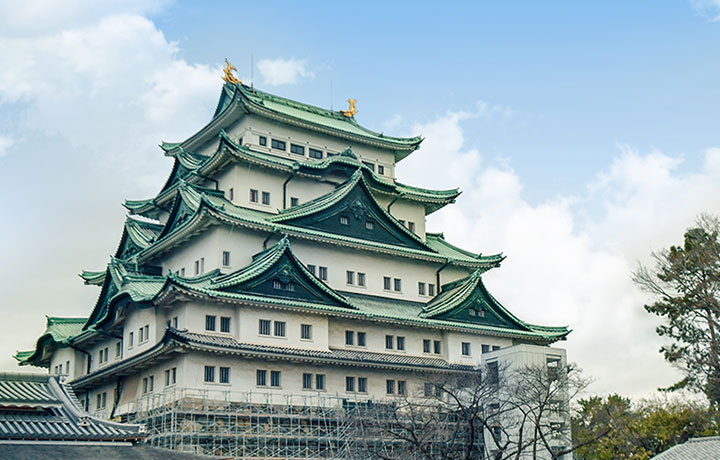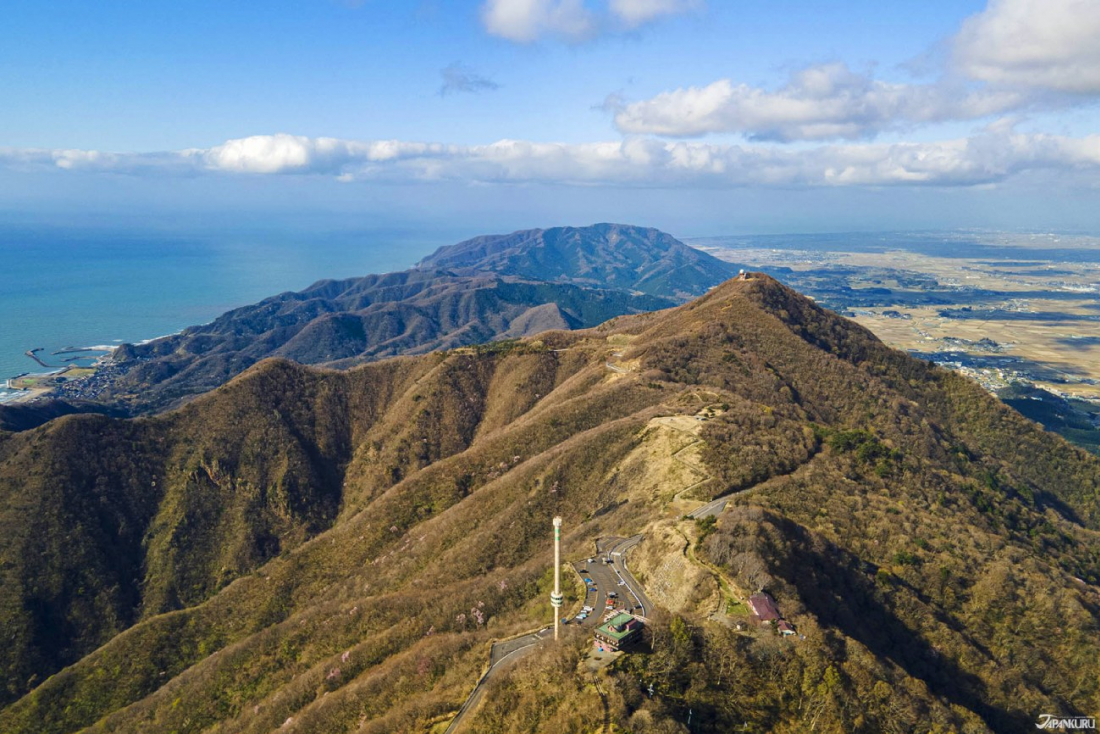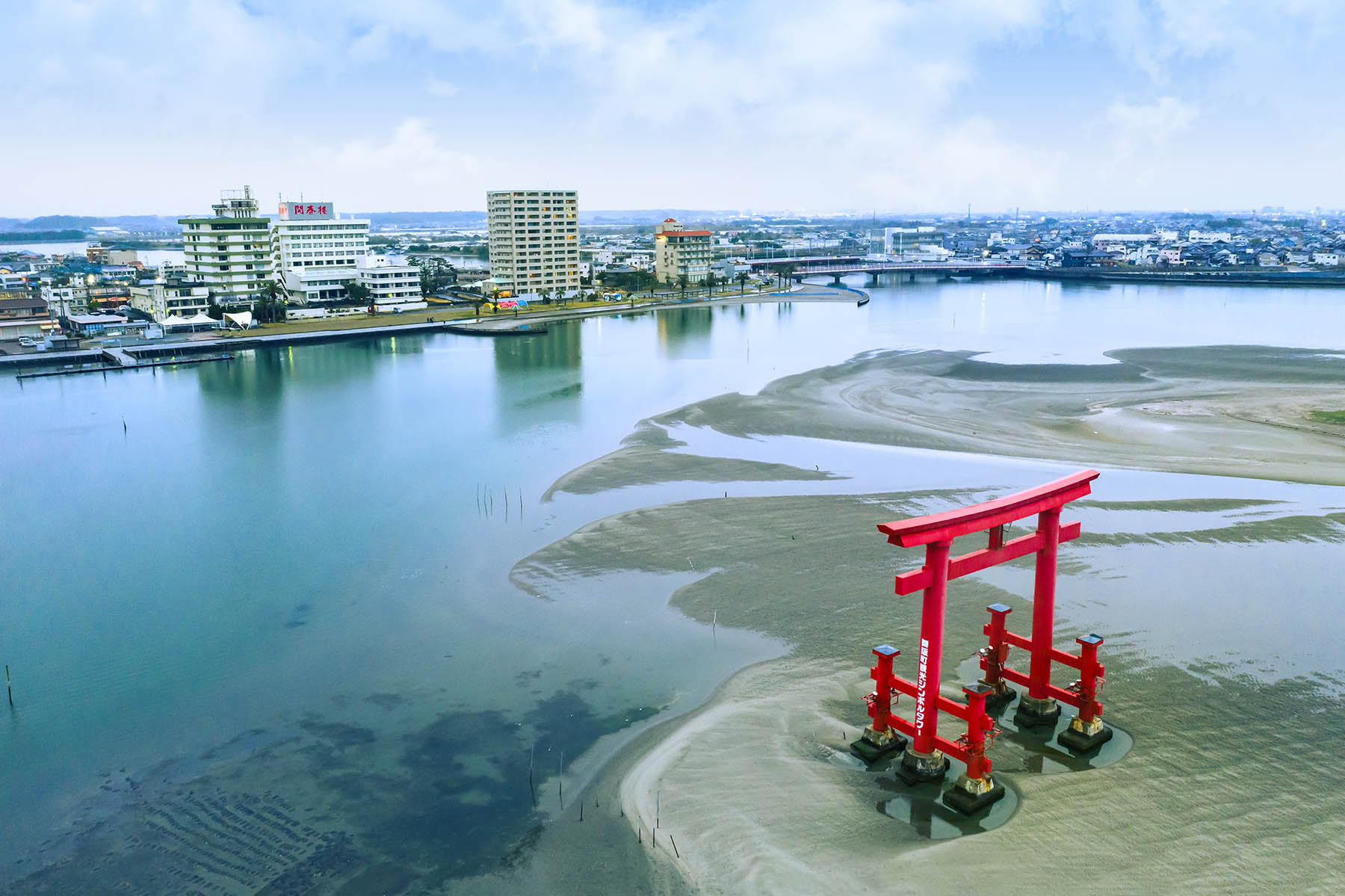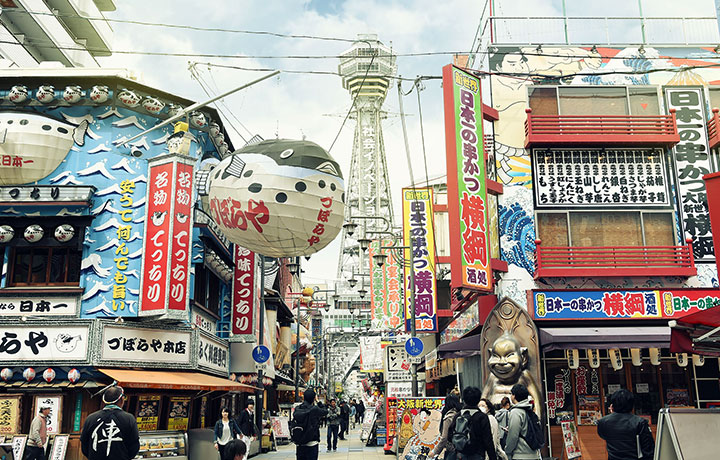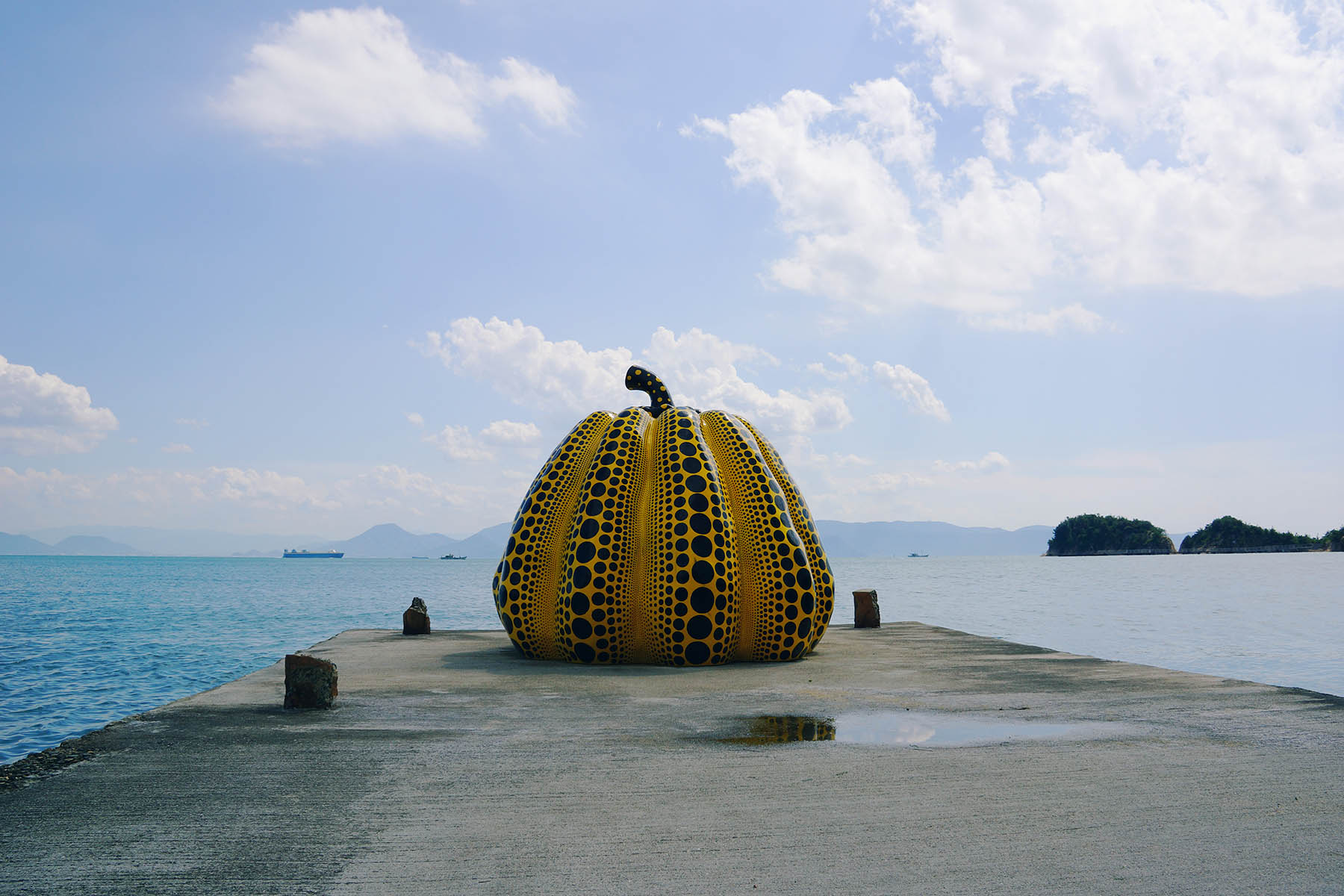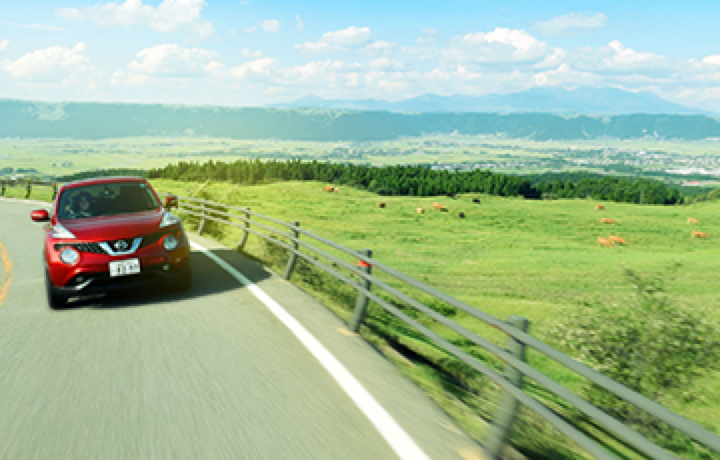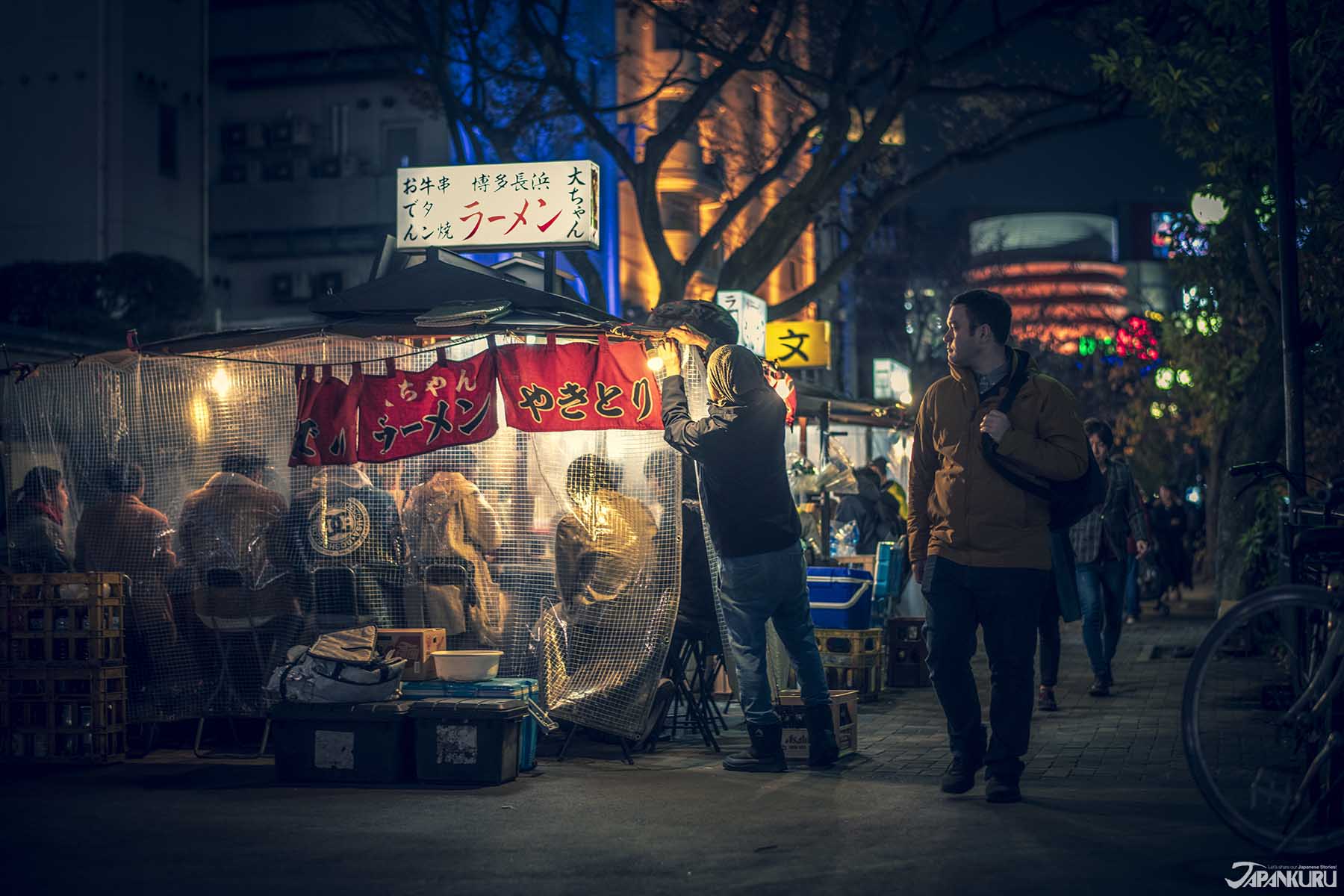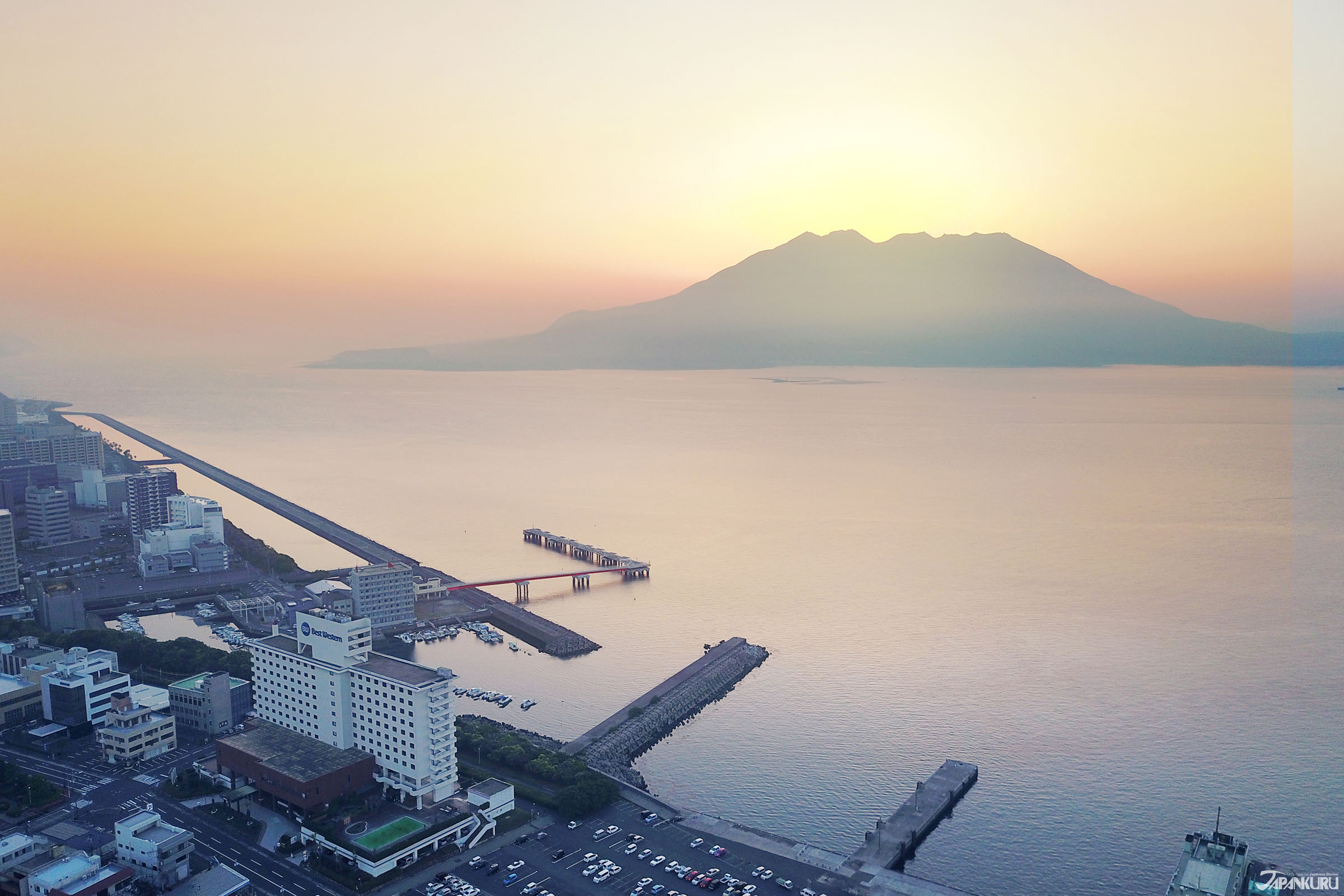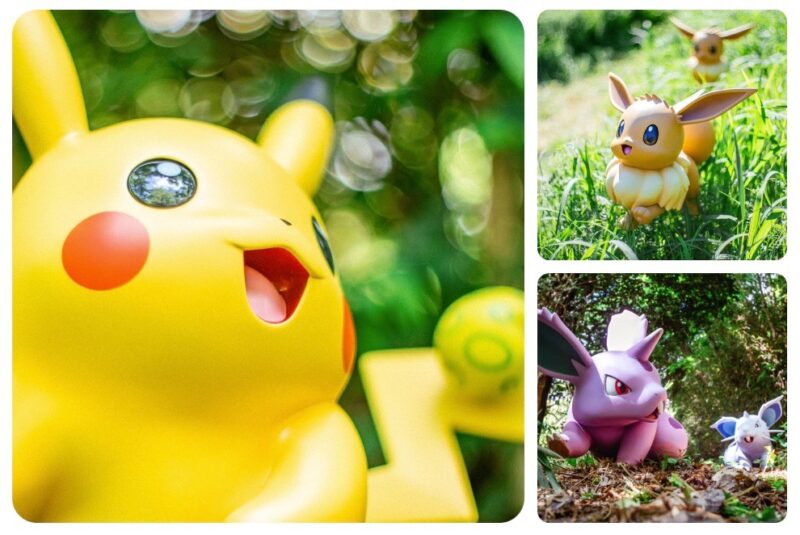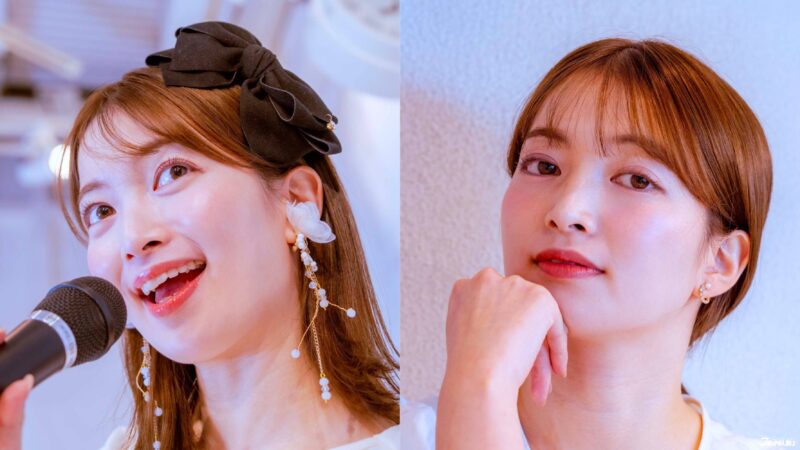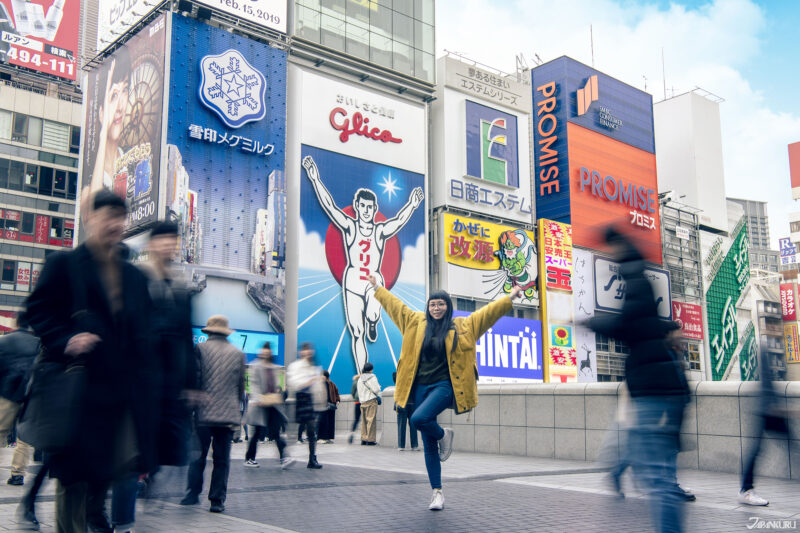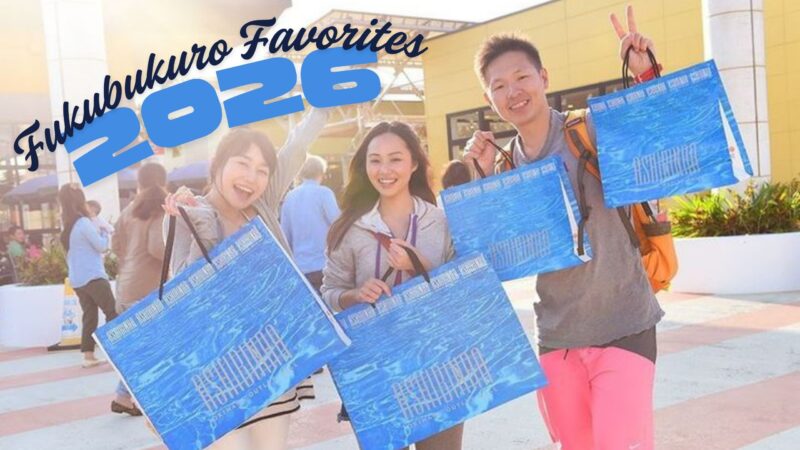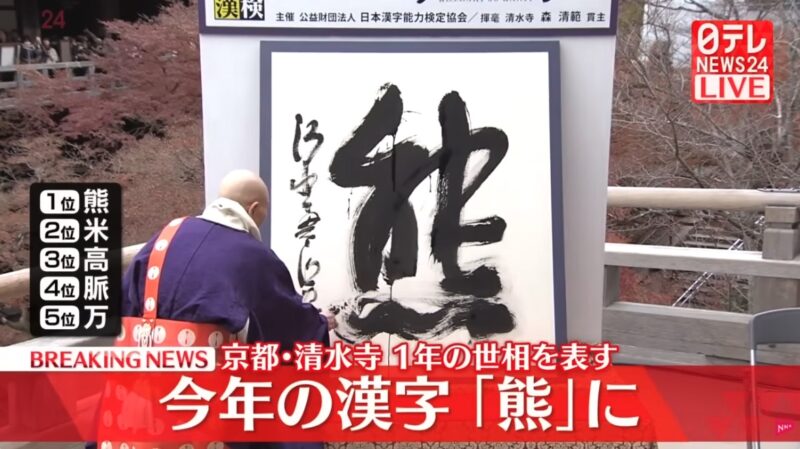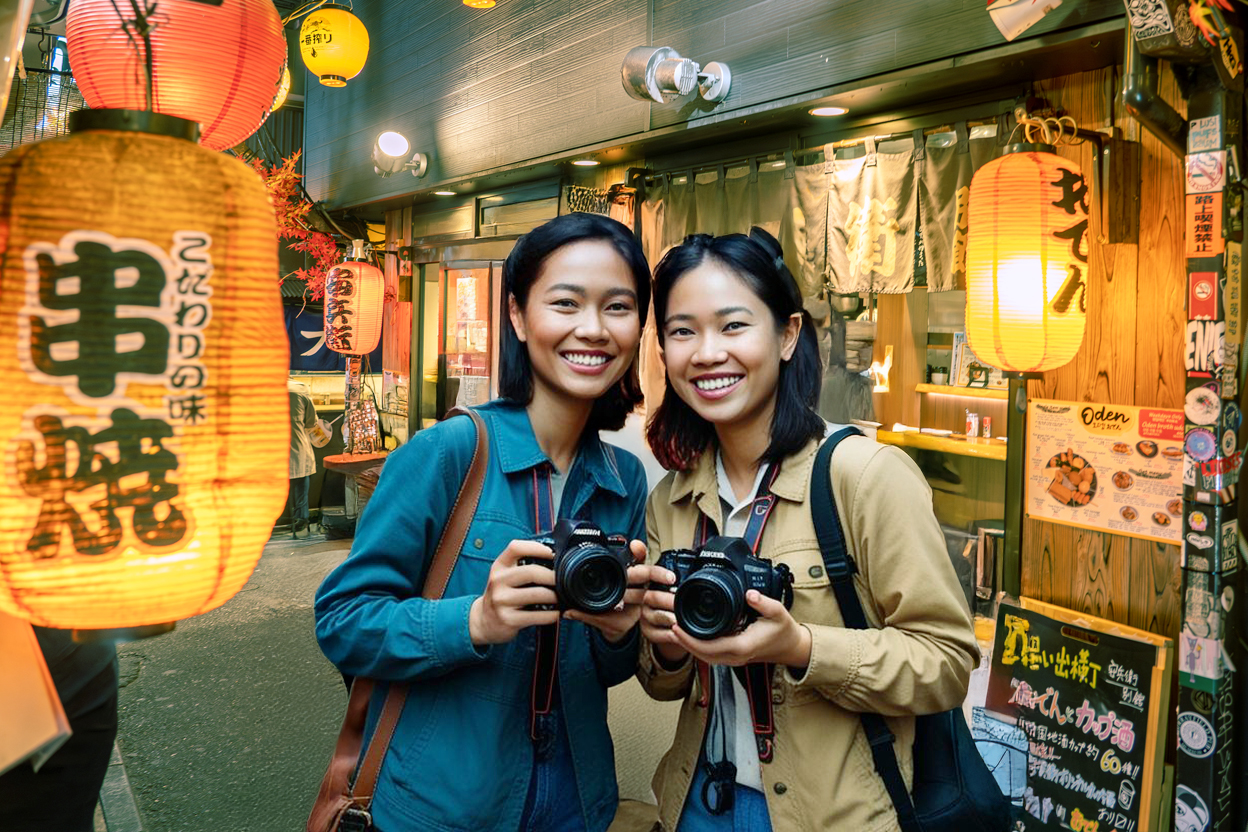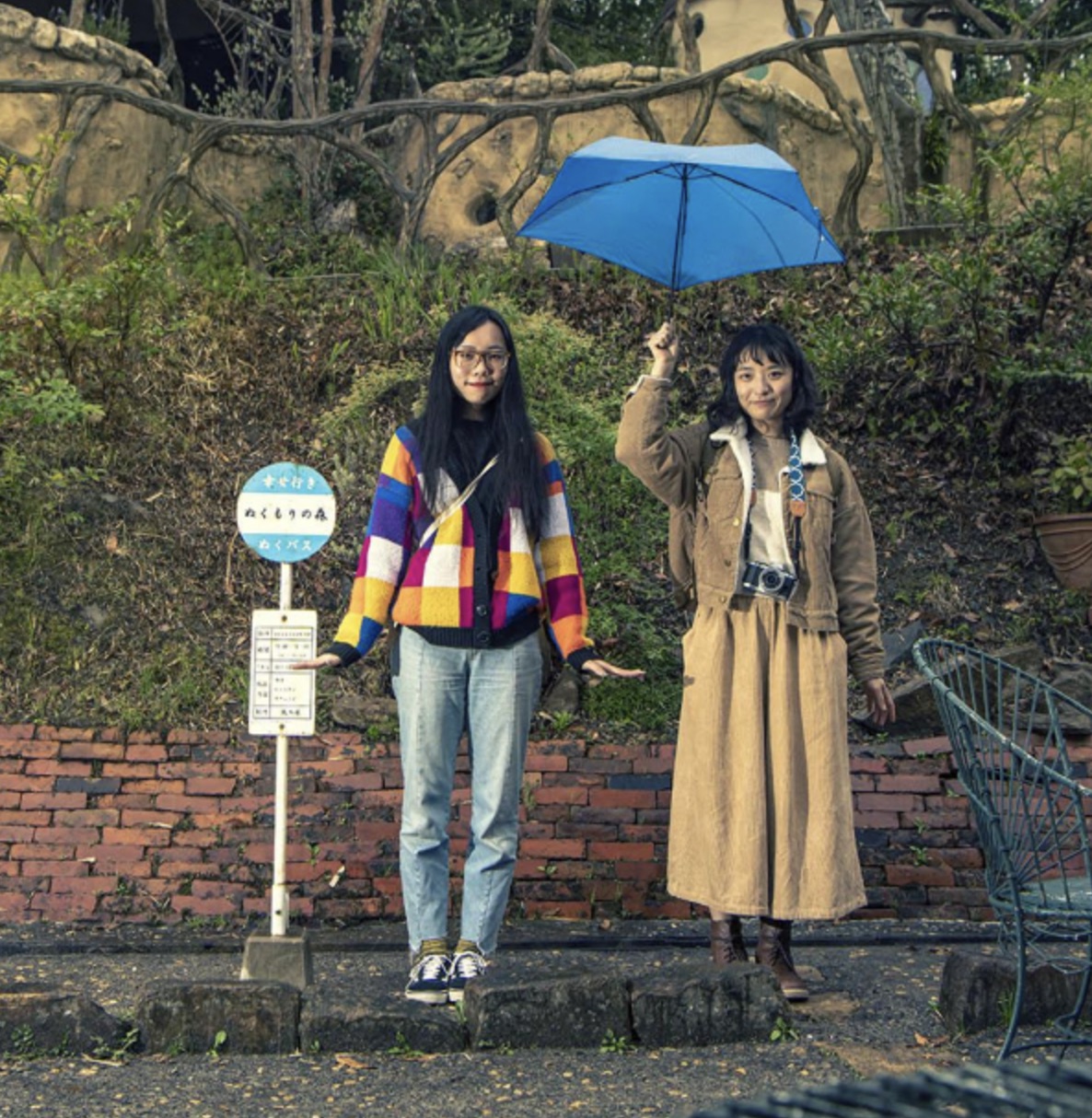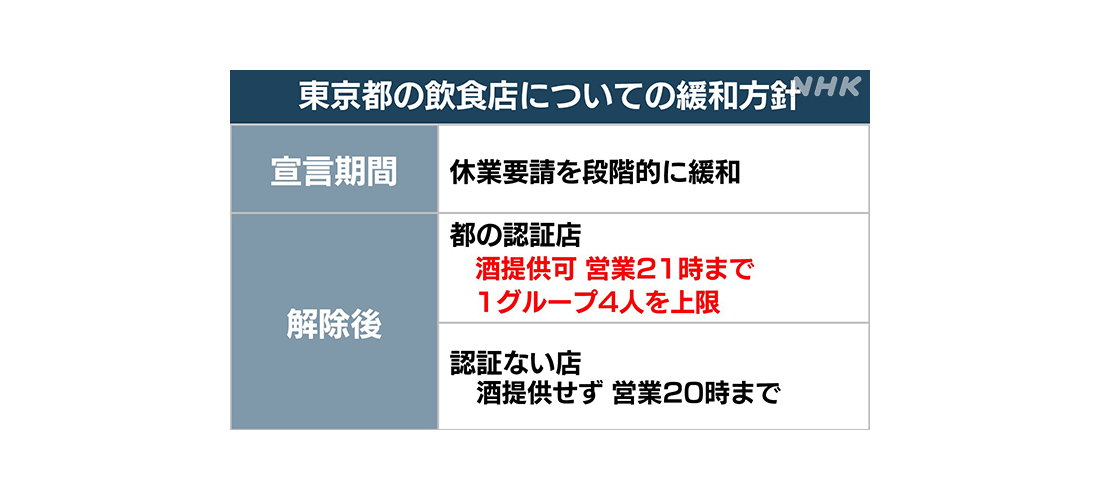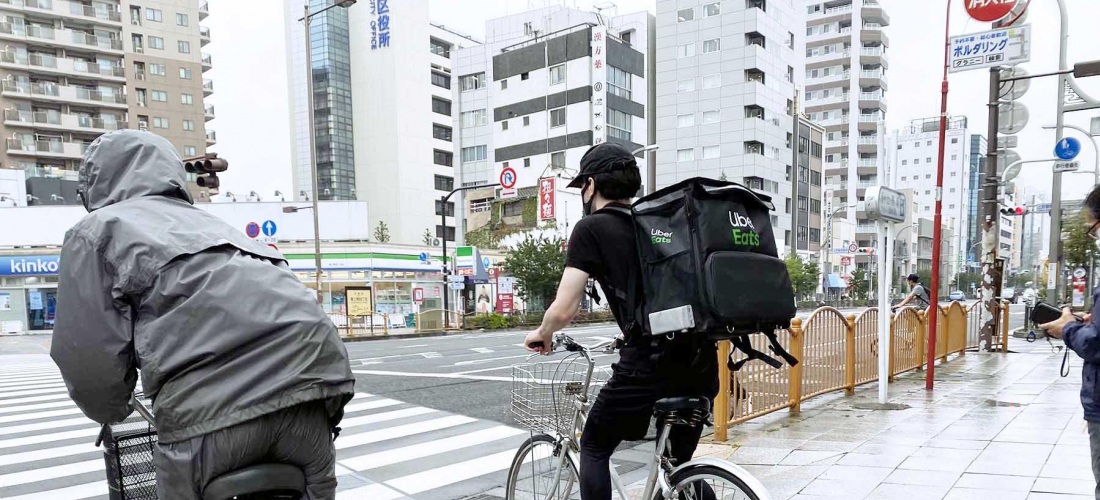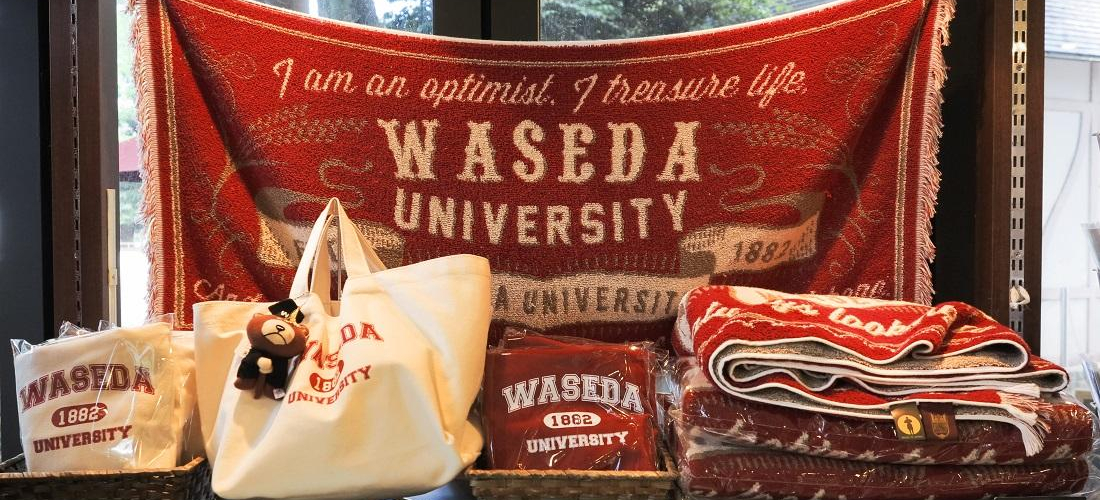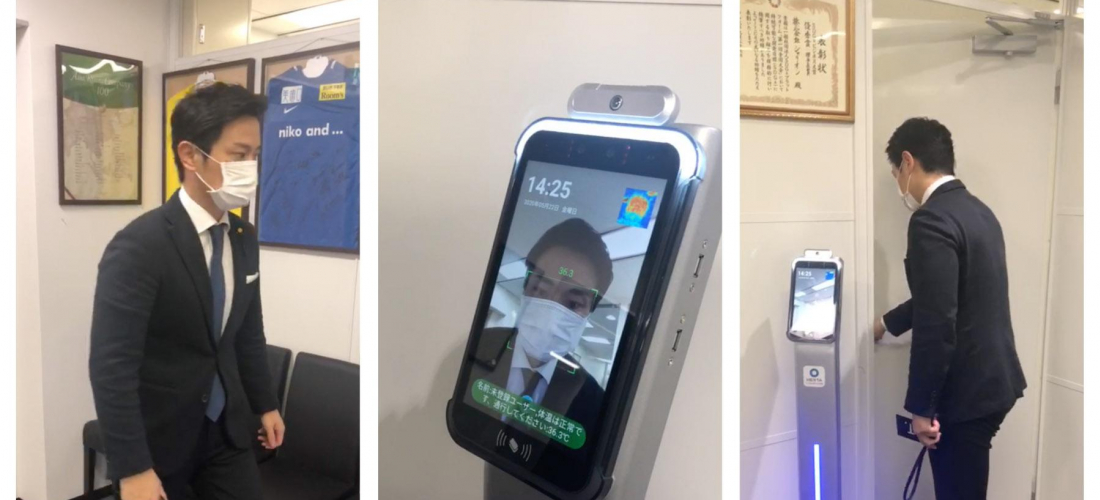
CONTENTS
This new Japanese tech checks faces for masks, and only allows people through after an accurate temperature check.
Living with Coronavirus
After weeks of living under the Japanese state of emergency, on May 25th the government called for an end. Officially, Japan is back to normal. Shops and restaurants, plus museums and theme parks, are all beginning to reopen, and the crowds are returning to Tokyo's busiest neighborhoods. Gone are the days of ghost-town Shibuya Crossing, and the Japanese phrase for "packed trains" is trending on Twitter. But the highly contagious nature of this virus has not been forgotten, and while people are ready to leave the house, the residents of Japan are still concerned about safety. This newest high-tech device out of Japan is a step towards consistently enforced COVID-19 safety policies, and it's bound to be found in every public doorway before long.
The system has two main features: it can check faces for masks and for identity (for offices), and it can read body temperature through infrared thermography. After a quick hands-free face and temperature check, people can pass right through, making the process pretty smooth. It also saves the data it records, making it easy to track any cases that might be infection risks.
Actually Trying the System
The simple design looks like something out of a sci-fi movie, but it's probably fairly easy to set up, and small enough that it's not in the way.
With so much evidence now that wearing masks significantly reduces the risk of infection, the device's mask detection function seems pretty important. Take off your mask and it will sound an alert, stopping you in your tracks.
Put that mask back on and you're through! Along with the infrared thermography, the company suggests that the system works well in both public spaces and semi-private areas like offices, schools, and hospitals, thanks to the multiple-functions of the AI face sensor.
Some facilities are already using the system, like this pachinko parlor with a HESTA system sitting right next to the entrance.
While some concerns have been voiced about long lines forming due to the extra necessary step before walking through the door, for now it seems like that's a small price to pay to ensure a little bit of safety as we all return to public spaces. An extra minute waiting in line sure seems better than mingling with an unknowing crowd of (literally) feverish shoppers!
Details
NAME:HESTA AI Security Gate
The latest news from Japan - learn what's new in the land of the rising sun, from an international group right on the scene.
COMMENT
FEATURED MEDIA
VIEW MORE 
A New Tokyo Animal Destination: Relax & Learn About the World’s Animals in Japan
#pr #japankuru #anitouch #anitouchtokyodome #capybara #capybaracafe #animalcafe #tokyotrip #japantrip #카피바라 #애니터치 #아이와가볼만한곳 #도쿄여행 #가족여행 #東京旅遊 #東京親子景點 #日本動物互動體驗 #水豚泡澡 #東京巨蛋城 #เที่ยวญี่ปุ่น2025 #ที่เที่ยวครอบครัว #สวนสัตว์ในร่ม #TokyoDomeCity #anitouchtokyodome

Shohei Ohtani Collab Developed Products & Other Japanese Drugstore Recommendations From Kowa
#pr #japankuru
#kowa #syncronkowa #japanshopping #preworkout #postworkout #tokyoshopping #japantrip #일본쇼핑 #일본이온음료 #오타니 #오타니쇼헤이 #코와 #興和 #日本必買 #日本旅遊 #運動補充能量 #運動飲品 #ช้อปปิ้งญี่ปุ่น #เครื่องดื่มออกกำลังกาย #นักกีฬา #ผลิตภัณฑ์ญี่ปุ่น #อาหารเสริมญี่ปุ่น

도쿄 근교 당일치기 여행 추천! 작은 에도라 불리는 ‘가와고에’
세이부 ‘가와고에 패스(디지털)’ 하나면 편리하게 이동 + 가성비까지 완벽하게! 필름카메라 감성 가득한 레트로 거리 길거리 먹방부터 귀여움 끝판왕 핫플&포토 스폿까지 총집합!
Looking for day trips from Tokyo? Try Kawagoe, AKA Little Edo!
Use the SEIBU KAWAGOE PASS (Digital) for easy, affordable transportation!
Check out the historic streets of Kawagoe for some great street food and plenty of picturesque retro photo ops.
#pr #japankuru #도쿄근교여행 #가와고에 #가와고에패스 #세이부패스 #기모노체험 #가와고에여행 #도쿄여행코스 #도쿄근교당일치기 #세이부가와고에패스
#tokyotrip #kawagoe #tokyodaytrip #seibukawagoepass #kimono #japantrip

Hirakata Park, Osaka: Enjoy the Classic Japanese Theme Park Experience!
#pr #japankuru #hirakatapark #amusementpark #japantrip #osakatrip #familytrip #rollercoaster #retrôvibes #枚方公園 #大阪旅遊 #關西私房景點 #日本親子旅行 #日本遊樂園 #木造雲霄飛車 #히라카타파크 #สวนสนุกฮิราคาตะพาร์ค

🍵Love Matcha? Upgrade Your Matcha Experience With Tsujiri!
・160년 전통 일본 말차 브랜드 츠지리에서 말차 덕후들이 픽한 인기템만 골라봤어요
・抹茶控的天堂!甜點、餅乾、飲品一次滿足,連伴手禮都幫你列好清單了
・ส่องมัทฉะสุดฮิต พร้อมพาเที่ยวร้านดังในอุจิ เกียวโต
#pr #japankuru #matcha #matchalover #uji #kyoto #japantrip #ujimatcha #matchalatte #matchasweets #tsujiri #말차 #말차덕후 #츠지리 #교토여행 #말차라떼 #辻利抹茶 #抹茶控 #日本抹茶 #宇治 #宇治抹茶 #日本伴手禮 #抹茶拿鐵 #抹茶甜點 #มัทฉะ #ของฝากญี่ปุ่น #ชาเขียวญี่ปุ่น #ซึจิริ #เกียวโต

・What Is Nenaito? And How Does This Sleep Care Supplement Work?
・你的睡眠保健品——認識「睡眠茶氨酸錠」
・수면 케어 서플리먼트 ‘네나이토’란?
・ผลิตภัณฑ์เสริมอาหารดูแลการนอน “Nenaito(ネナイト)” คืออะไร?
#pr #japankuru #sleepcare #japanshopping #nenaito #sleepsupplement #asahi #睡眠茶氨酸錠 #睡眠保健 #朝日 #l茶胺酸 #日本藥妝 #日本必買 #일본쇼핑 #수면 #건강하자 #네나이토 #일본영양제 #อาหารเสริมญี่ปุ่น #ช้อปปิ้งญี่ปุ่น #ร้านขายยาญี่ปุ่น #ดูแลตัวเองก่อนนอน #อาซาฮิ

Japanese Drugstore Must-Buys! Essential Items from Hisamitsu® Pharmaceutical
#PR #japankuru #hisamitsu #salonpas #feitas #hisamitsupharmaceutical #japanshopping #tokyoshopping #traveltips #japanhaul #japantrip #japantravel

Whether you grew up with Dragon Ball or you just fell in love with Dragon Ball DAIMA, you'll like the newest JINS collab. Shop this limited-edition Dragon Ball accessory collection to find some of the best Dragon Ball merchandise in Japan!
>> Find out more at Japankuru.com! (link in bio)
#japankuru #dragonball #dragonballdaima #animecollab #japanshopping #jins #japaneseglasses #japantravel #animemerch #pr

This month, Japankuru teamed up with @official_korekoko to invite three influencers (originally from Thailand, China, and Taiwan) on a trip to Yokohama. Check out the article (in Chinese) on Japankuru.com for all of their travel tips and photography hints - and look forward to more cool collaborations coming soon!
【橫濱夜散策 x 教你怎麼拍出網美照 📸✨】
每次來日本玩,是不是都會先找旅日網紅的推薦清單?
這次,我們邀請擁有日本豐富旅遊經驗的🇹🇭泰國、🇨🇳中國、🇹🇼台灣網紅,帶你走進夜晚的橫濱!從玩樂路線到拍照技巧,教你怎麼拍出最美的夜景照。那些熟悉的景點,換個視角說不定會有新發現~快跟他們一起出發吧!
#japankuru #橫濱紅磚倉庫 #汽車道 #中華街 #yokohama #japankuru #橫濱紅磚倉庫 #汽車道 #中華街 #yokohama #yokohamaredbrickwarehouse #yokohamachinatown

If you’re a fan of Vivienne Westwood's Japanese designs, and you’re looking forward to shopping in Harajuku this summer, we’ve got important news for you. Vivienne Westwood RED LABEL Laforet Harajuku is now closed for renovations - but the grand reopening is scheduled for July!
>> Find out more at Japankuru.com! (link in bio)
#japankuru #viviennewestwood #harajuku #omotesando #viviennewestwoodredlabel #viviennewestwoodjapan #비비안웨스트우드 #오모테산도 #하라주쿠 #日本購物 #薇薇安魏斯伍德 #日本時尚 #原宿 #表參道 #japantrip #japanshopping #pr

Ready to see TeamLab in Kyoto!? At TeamLab Biovortex Kyoto, the collective is taking their acclaimed immersive art and bringing it to Japan's ancient capital. We can't wait to see it for ourselves this autumn!
>> Find out more at Japankuru.com! (link in bio)
#japankuru #teamlab #teamlabbiovortex #kyoto #kyototrip #japantravel #artnews
Photos courtesy of teamLab, Exhibition view of teamLab Biovortex Kyoto, 2025, Kyoto ® teamLab, courtesy Pace Gallery

Japanese Makeup Shopping • A Trip to Kamakura & Enoshima With Canmake’s Cool-Toned Summer Makeup
#pr #canmake #enoshima #enoden #에노시마 #캔메이크 #japanesemakeup #japanesecosmetics

⚔️The Robot Restaurant is gone, but the Samurai Restaurant is here to take its place. Check it out, and don't forget your coupon!
🍣신주쿠의 명소 로봇 레스토랑이 사무라이 레스토랑으로 부활! 절찬 쿠폰 발급중
💃18歲以上才能入場的歌舞秀,和你想的不一樣!拿好優惠券去看看~
#tokyo #shinjuku #samurairestaurant #robotrestaurant #tokyotrip #도쿄여행 #신주쿠 #사무라이레스토랑 #이색체험 #할인이벤트 #歌舞伎町 #東京景點 #武士餐廳 #日本表演 #日本文化體驗 #japankuru #japantrip #japantravel #japanlovers #japan_of_insta

Japanese appliance & electronics shopping with our KOJIMA x BicCamera coupon!
用JAPANKURU的KOJIMA x BicCamera優惠券買這些正好❤️
코지마 x 빅 카메라 쿠폰으로 일본 가전 제품 쇼핑하기
#pr #japankuru #japanshopping #kojima #biccamera #japaneseskincare #yaman #dji #osmopocket3 #skincaredevice #日本購物 #美容儀 #相機 #雅萌 #日本家電 #일본여행 #면세 #여행꿀팁 #일본쇼핑리스트 #쿠폰 #일본쇼핑 #일본브랜드 #할인 #코지마 #빅카메라 #japankurucoupon
MAP OF JAPAN
SEARCH BY REGION

LATEST
VIEW MOREEVENT CALENDAR
VIEW MORE